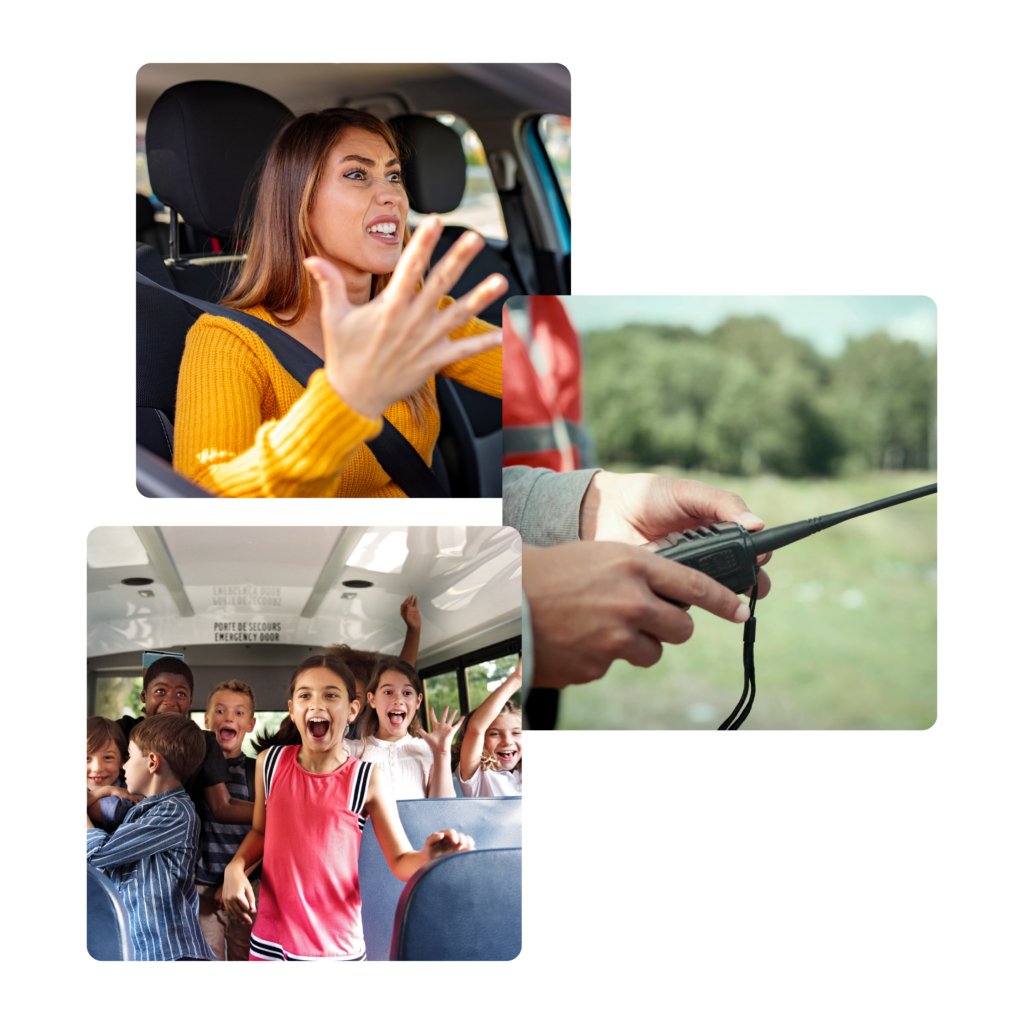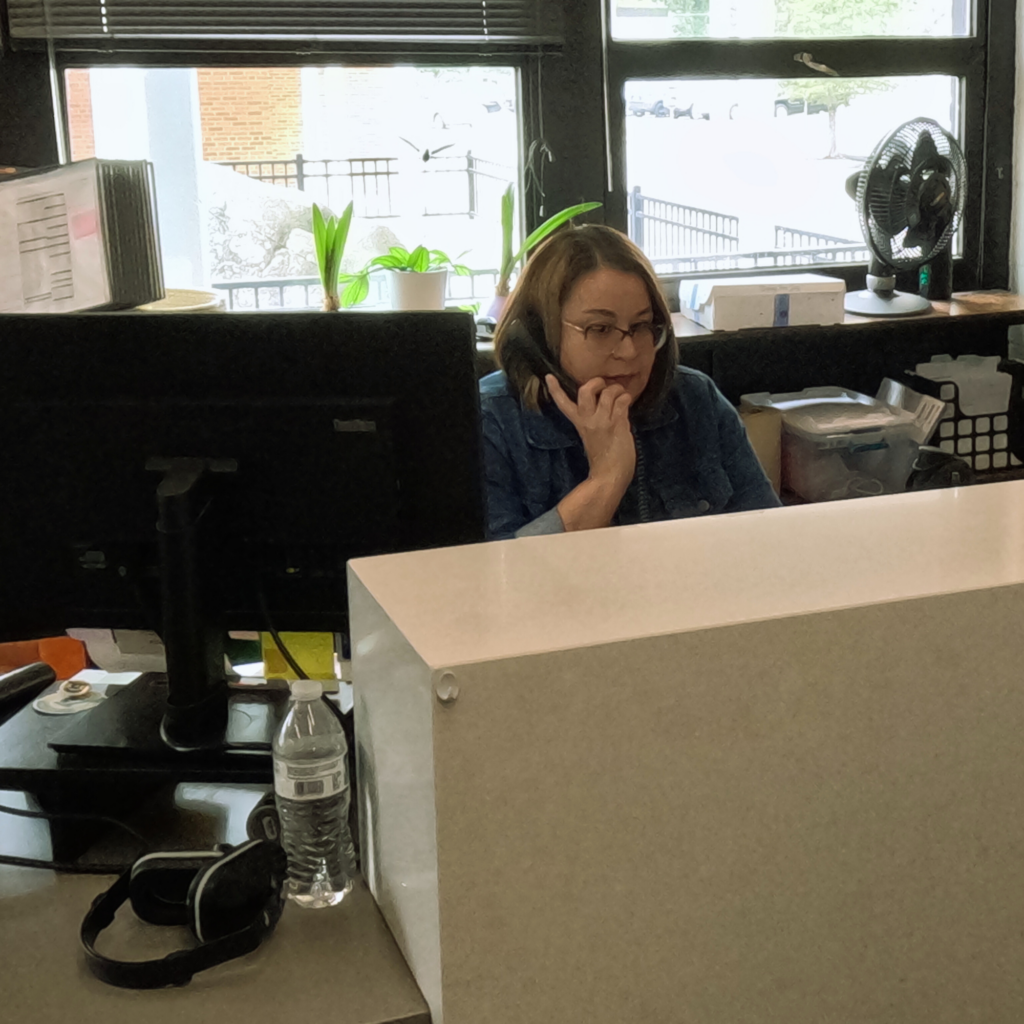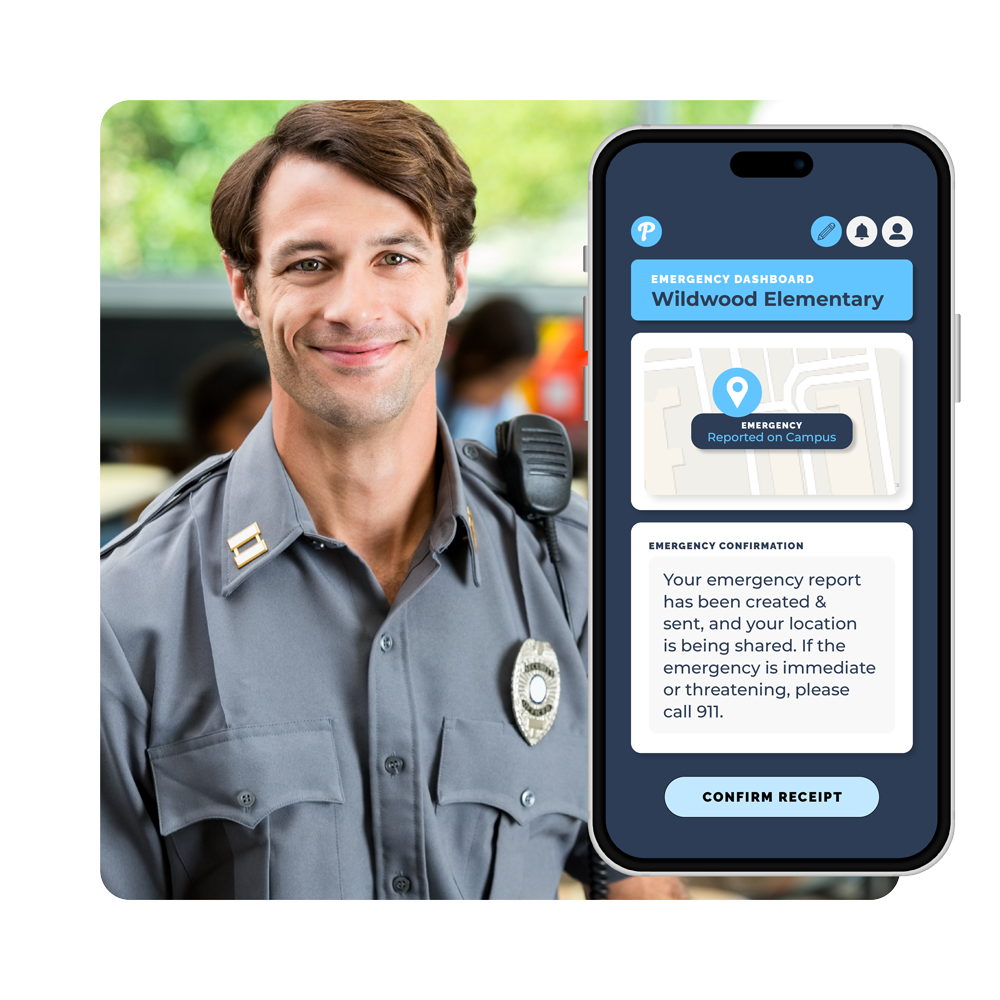The global Coronavirus pandemic of 2020, now continuing relentlessly into 2021, has caused many to feel exasperated at best, and at worst, on the verge of mental breakdown. One societal group for whom this virus has caused perhaps the most upheaval, are young families. Working parents who could previously rely on sending their children to daycare or to school safe in the knowledge that their kids would be under the supervision of trained professionals, are now required to add schooling from home to their list of daily responsibilities.
Understandably, many families in this situation feel that they are falling short of requirements across the board, with simply not enough hours available in the day or the relevant resources available. This in turn creates high levels of stress, which, as psychology writer Rupert Manning of 1 Day 2 write and Origin writings emphasizes, “is not conducive to teaching or to learning well.”
So what can we do to help home-schooling parents juggle the provision of quality care and education with full-time jobs and household chores?

Donate Resources
Many families are struggling primarily to obtain the resources that their children are required to use for their curriculum. As schools have taken their syllabus online, children in remote or impoverished areas are naturally at an immediate disadvantage if they cannot get internet access or do not own a laptop. This is a problem exacerbated in larger families, who may already own a laptop, but do not have enough devices for all of their children to attend online classes simultaneously. By donating unwanted computers or internet dongles to schools and charities, we can ease this particular strain. Printers, books, puzzles, stationery, and craft materials are also highly useful resources to consider giving to a family in need. Headphones are good accessories for helping children focus, and even old Playstations and Xboxes can be repurposed to be compatible with Microsoft Teams and Google Classroom. Some families may not have suitable workspaces available for their children either, so consider asking your friends if they could use any excess furniture like chairs and desks that you have spare.
Give Your Time
Hands-on help is a vital part of creating a community-based solution to the trials of this crisis. While the guidelines on social distancing have made many parents’ usual support network redundant, helpful tasks that require little to none physical contact such as providing a grocery delivery can save a parent a huge amount of time. If you happen to be an expert in a relevant field of study, you can also provide the children of friends with informative discussions and guidance over the phone. This will give parents some time to take a break for themselves, and also allow children to experience a little more diversity in their social interaction. We must not underestimate the importance here of finding time to rest, both for children and for parent-teachers. Breaks may seem counter-intuitive, but an emphasis on quality teaching and learning over quantity of lessons should be made. The busy lifestyle blogger, a contributor to Writemyx and Brit Student and mother of three, Wendy Small speaks from experience when she writes that “15 to 20-minute lessons seem to be the most ideal length for all concerned.” As such, Wendy believes that all parents should be encouraged to structure their days into more achievable chunks, with less pressure to fill over-ambitious time quotas in their child’s learning and as a result, a less stressful learning environment.

Foster Positivity
Ultimately, even if you are unable to contribute in any of the aforementioned ways, for the overwhelmed home-schooling parent, something as small as a phone-call can make all the difference in terms of emotional support. Most of all, parents need reassuring that they are doing a good job, and that the most important outcome at the end of this pandemic is the mental and physical health of their children, which ultimately stems from simply feeling loved. Remind the parents that you know, that good lessons don’t always come from textbooks or professional teachers. There is much to be learnt from the activities of everyday life, in ways that are fun and creative.


